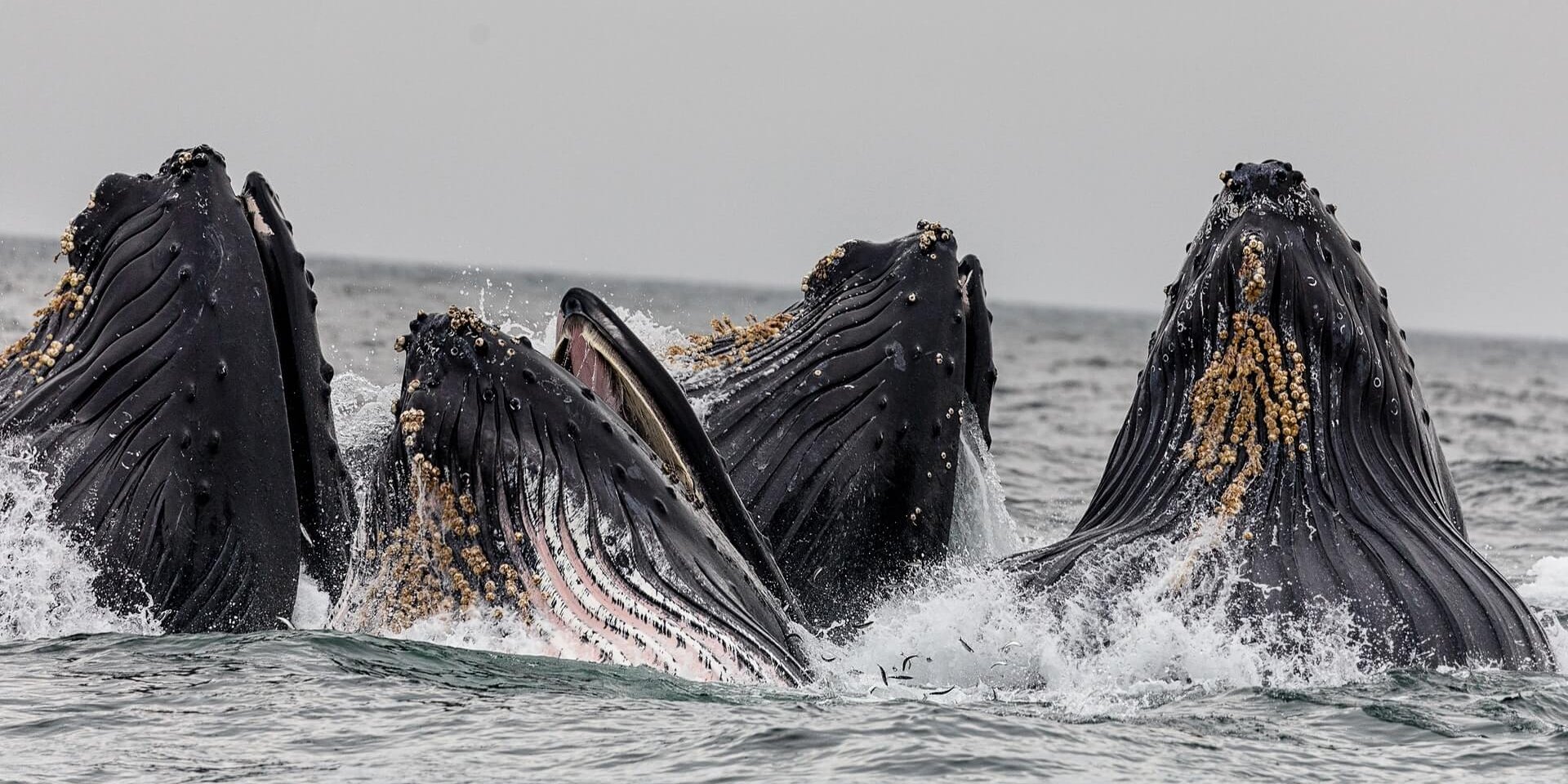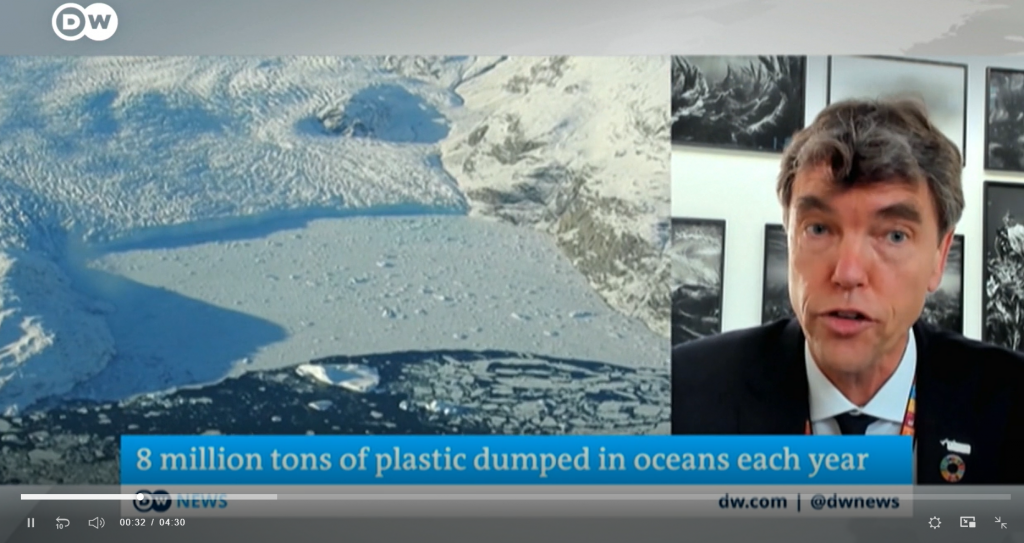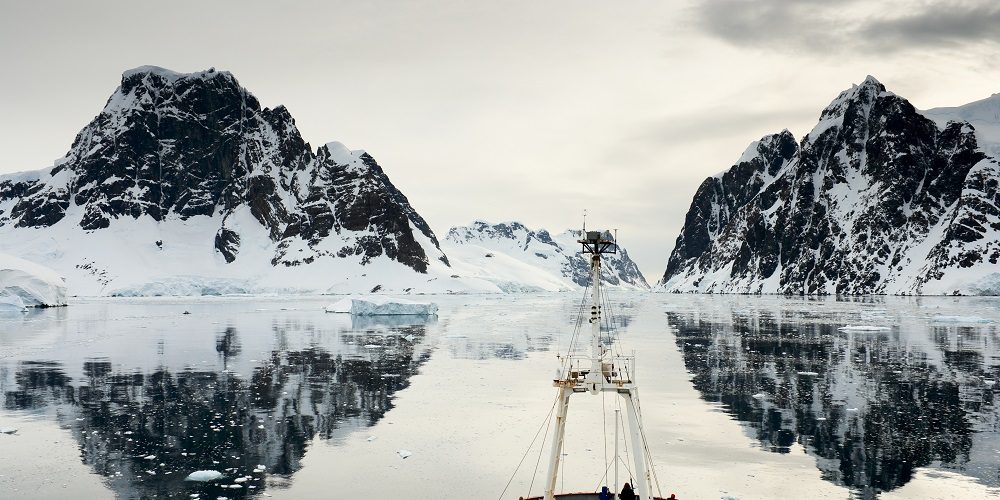
The One Ocean Summit took place in Brest, France, on 9-11 February 2022. The aim was to mobilize the international community to make ambitious commitments to use marine resources responsibly and equitably, and to manage them sustainably; to respond to the impacts of climate change and pollution, and to improve the governance of the ocean. The One Ocean Summit is the first in a series of international meetings focusing on the ocean in 2022, including the UN Ocean Conference in Lisbon, in June, and COP27 in Egypt, this November.
In an interview for Deutsche Welle (DW), Martin Visbeck conveyed a positive message to the international community, stating that damage to the ocean can still be reversed if governments urgently raise their level of ambition and come together to agree on ambitious, collective and tangible commitments.

This is ‘high time for action’ – we need to come together, work together and turn the words into action. Achieving 30 % of protected areas would be a major step for a achieving a healthy ocean.
Prof. Dr. Martin Visbeck, ISC Governing Board member
Head of research unit Physical Oceanography at GEOMAR Helmholtz Centre for Ocean Research Kiel and professor at Kiel University, Germany
Visbeck applauded the pledges made by several governments to expand protected areas, which are an essential method of protecting biodiversity and ocean resources. However, he underlined those political efforts need to be complemented by commitments from the business sector, whose interests are currently at stake given the immense transformation required to lessen the environmental impact of industry. While the shipping industry is central to fuelling the global economy, it is also a huge polluter and the shift to a carbon-free system would not necessarily be without hurdles, including significant financial implications, said Visbeck. Yet the One Ocean Summit heard encouraging announcements from different actors in the business sector who are willing to take urgent measures by 2030.
In addition, progress to date on the international political scene remains insufficient and is happening slowly when compared to the breadth of change required to counter current unsustainable trends and support a healthy ocean. Martin Visbeck called for progress in four important areas:
Forty-one states, as well as representatives of civil society and industry made powerful commitments at the One Ocean Summit to stop the degradation of the ocean, by recognizing the vital role of the ocean in regulating the Earth system, in supplying natural resources and in providing social and economic goods and services, as well as the major challenges threatening the future of the ocean. Commitments include protecting the world’s biodiversity and ocean resources, joining forces to cope with climate change and ending plastic pollution. Read the Brest Commitments for the Ocean to learn about the full array of commitments.

Global science for the Ocean Decade 2021-2030
The ISC supports the UN Decade of Ocean Science for Sustainable Development and joined forces for the Decade with the Intergovernmental Oceanographic Commission of UNESCO (IOC-UNESCO) by signing a Memorandum of Understanding in February 2020.